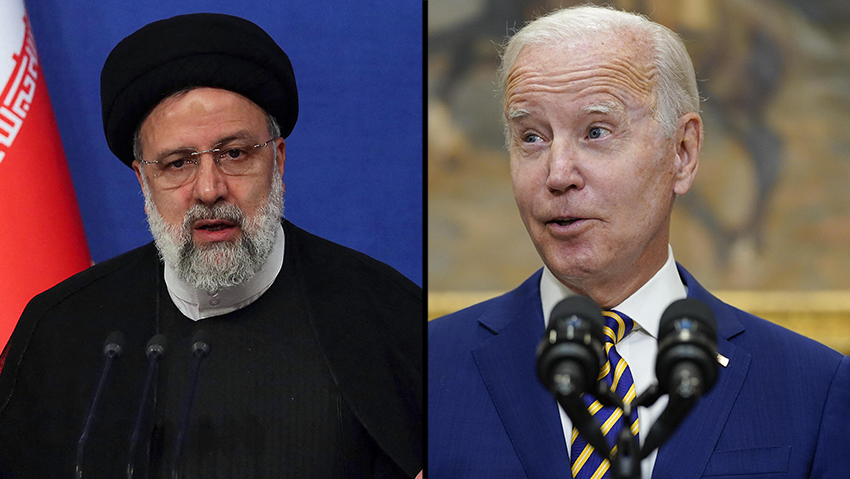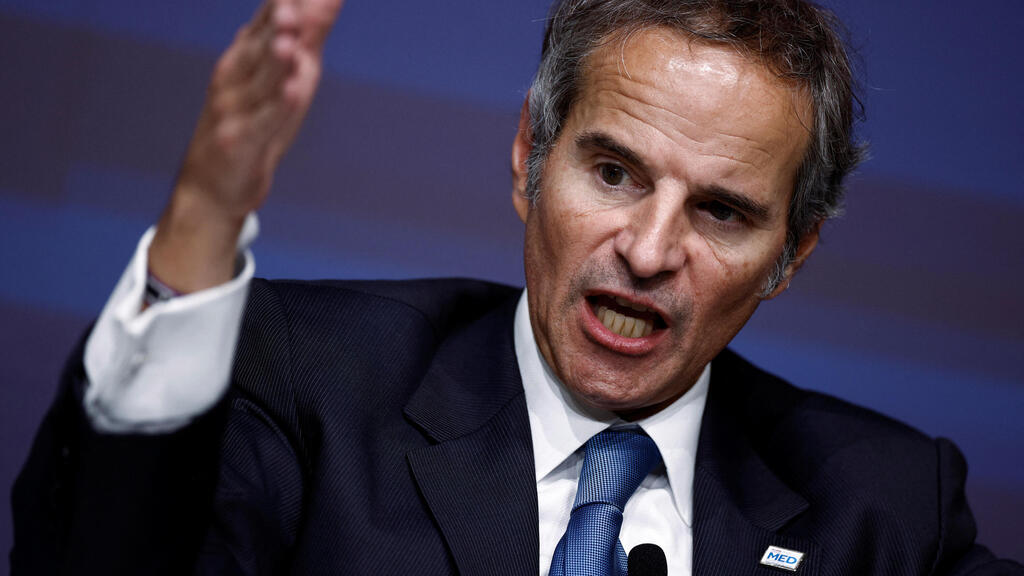ILTV’S INSIDER: THE IRANIAN THREAT
(ILTV)
The United States and Iran are not discussing an interim nuclear deal, a U.S. official said on Monday, but Washington has told Tehran of steps that might trigger a crisis and also those that may create a better climate between the long-time antagonists.
Read more:
"There are no talks about an interim deal," said the U.S. official, who spoke on condition of anonymity.
His comment went further than a U.S. denial last week, which called a report the nations were nearing an interim deal "false and misleading" and said reports of such a deal were "false" but did not deny the possibility of talks about one.
The official did not deny media reports of recent U.S.-Iranian contacts but rather said that suggestions they were about an interim nuclear deal were inaccurate.
"We have made clear to them what escalatory steps they needed to avoid to prevent a crisis and what de-escalatory steps they could take to create a more positive context," he said, declining to detail these but noting Washington would like to see greater Iranian cooperation with the U.N. nuclear watchdog.
U.S. and European officials have been searching for ways to curb Tehran's nuclear program since the breakdown last year of indirect U.S.-Iranian talks on reviving the 2015 nuclear deal between Iran and major powers.
Under that accord, aimed at keeping Iran from developing a nuclear weapon, Tehran limited its nuclear program and agreed to more extensive U.N. inspections in exchange for the easing of U.N., U.S. and EU sanctions.
Then-U.S. President Donald Trump abandoned the pact in 2018 and reimposed U.S. sanctions, leading Tehran to gradually move far beyond the deal's nuclear restrictions and reviving U.S., European and Israeli fears that Iran may seek an atomic bomb.
Iran denies any such ambition.
While the U.S. official declined to go into details, the latest U.S. messages to Iran appeared aimed at damage control.
The Biden administration has repeatedly said it will not allow Iran to get a nuclear weapon and that all options are on the table, which is diplomatic language for the possibility of a military strike.





